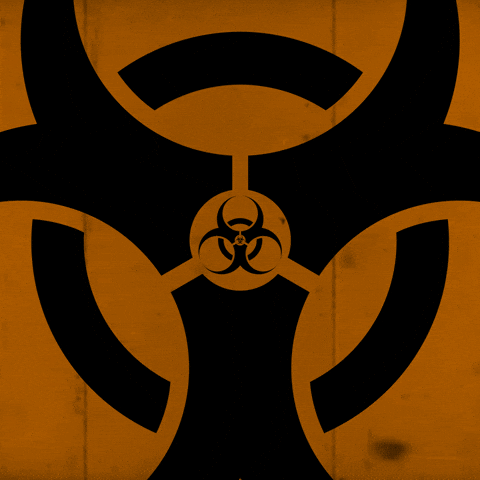Tuesday, May 31st and June 1st, 2022
Good morning scholars and welcome back to the Library
Periods 1 & 2 – IB. Cohort – Class of 2023
Today, the Grade 11 Cohort will be coming down to discuss research tactics and resources to prepare for the upcoming Extended Essays.
Resources
Subject Specific Guides
The I.B. writes subject-specific guides to help students and mentors navigate the specifics for their subject. There, you’ll find information that will help you with initial reading and research on the way to crafting a Research Question. It’s a great resource!
The Virtual Library and Advanced Placement Source
The TDSB has spent lots of money on some very good resources. I’d especially recommend Advanced Placement Source. We’ll talk a bit about how to find off-site passwords and cover the mechanics of this Database and how to use it effectively.
Toronto Public Library Resources
The TPL has subscriptions to Academic OneFile and JSTOR, which are both excellent resources for your research. To access them, you’ll need your Toronto Public Library login/password. If you don’t have one yet, there’s no time like the present, and there’s a branch at the plaza!
Secondary Resources for Papers
While this might apply for all students, it’s important to remember that many of the E.E. topics require an examination of what “the field” has to say about the topic. Whether that’s analyzing what historians say about a particular era, or literary theorists might say about Dickensian fiction; you’ll need to look at “the experts”. By looking at some of the databases found on the Virtual Library or TPL, you can find what the experts in your field have to say about issues relating to your Research Question. Addressing those expert opinions in your paper is an incredibly sound strategy, and you’re all highly encouraged to look for that kind of research. We can go over some of the tips/tricks for finding that.
Citation Resources
At Laurier, we have locally created materials that cover the APA, MLA and Chicago schools of citation. You should utilize those guides to help support your citation. Another valuable resources is OWL @ Purdue, which we also consult with citation-related inquiry as Teacher-Librarians.
Subject Reports
The I.B. releases Subject Reports on a semi-annual basis to provide feedback to IB Schools, Mentors and future writers of the Essay. Here, for you, can you find a ZIP file with oodles of great information on what to do and what not to do.
2018 Reports (ZIP File)







